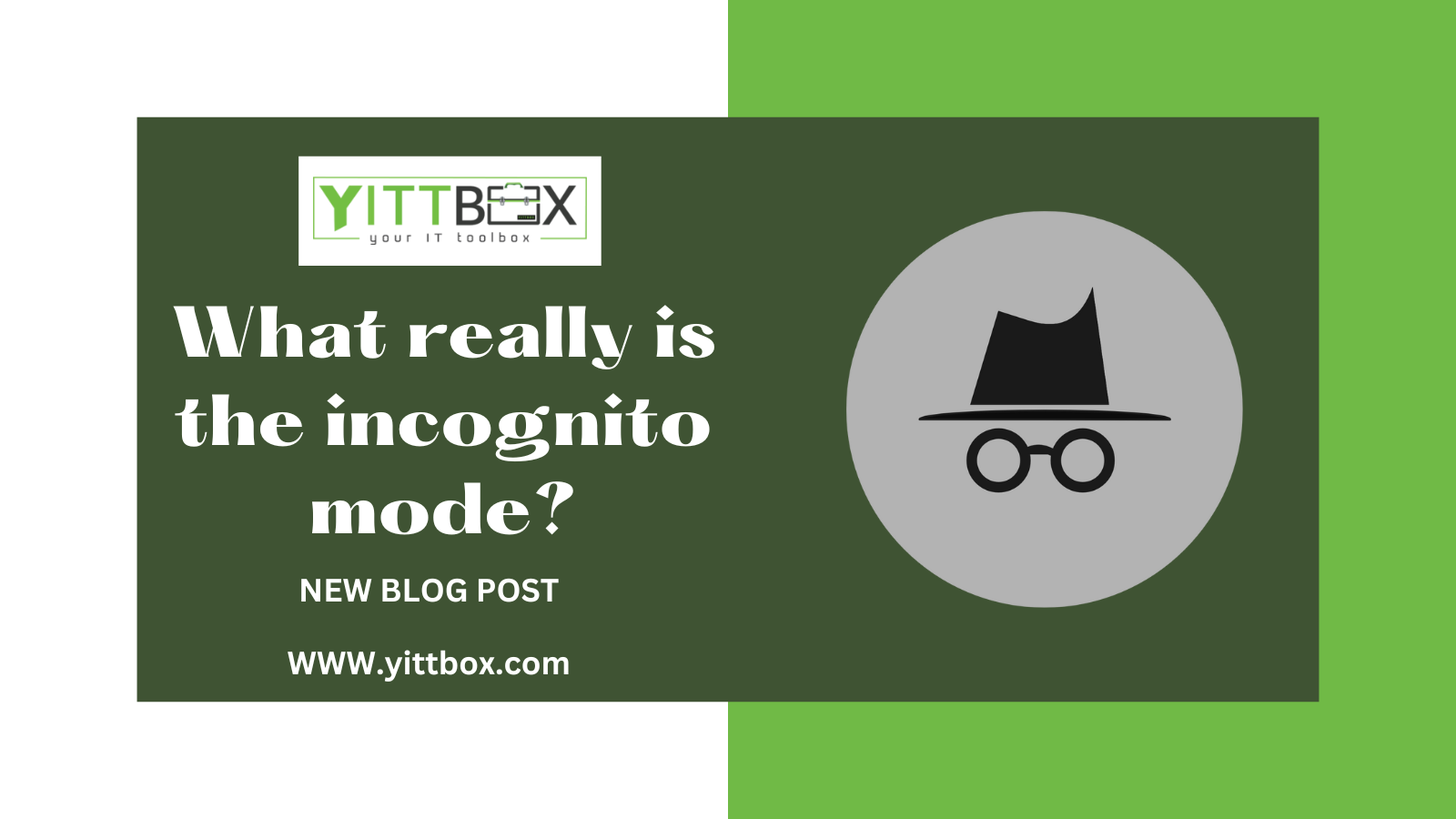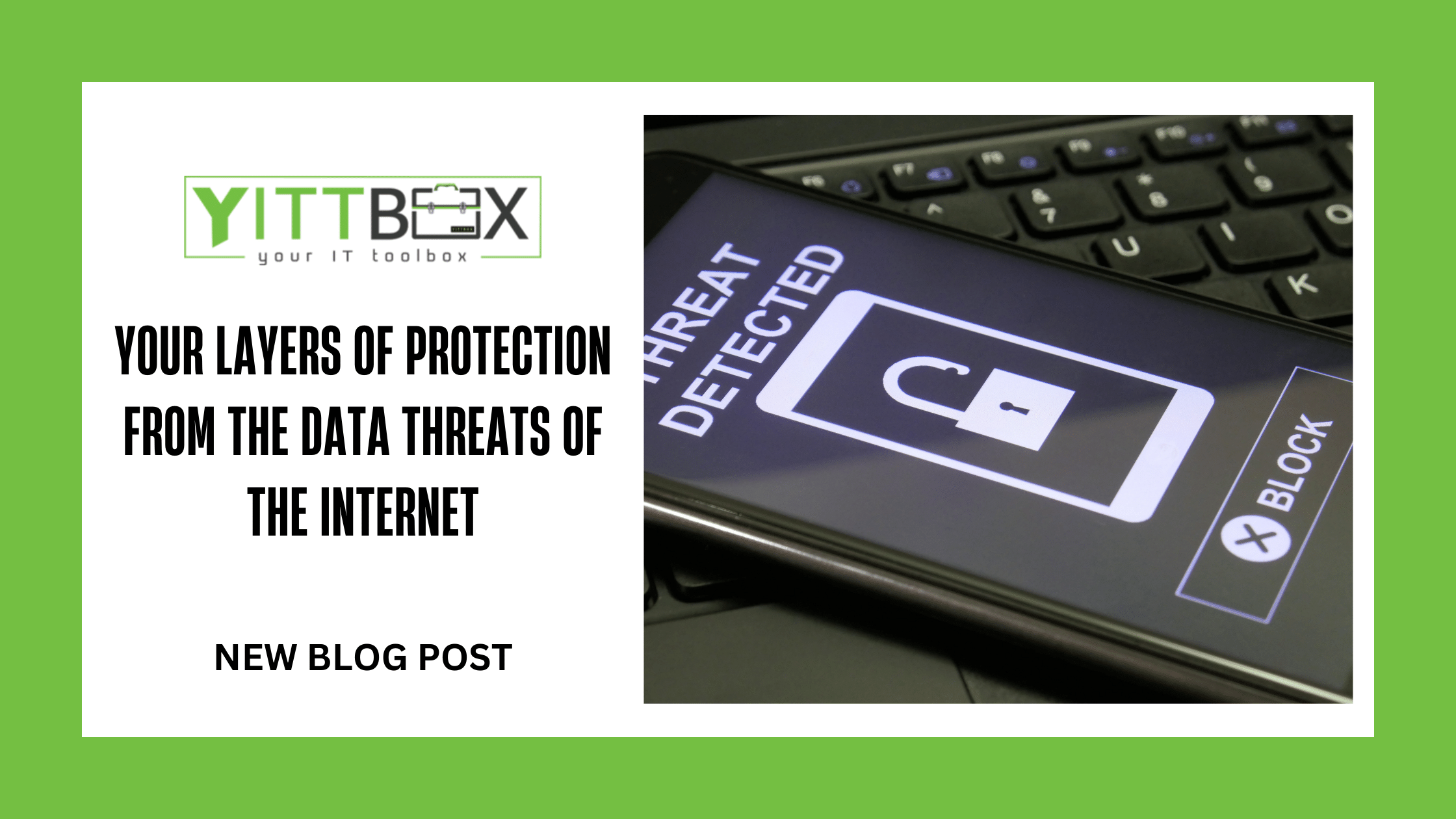Today, we will discuss "What really is the incognito mode?" There are multiple instances when turning on incognito mode in your browser is helpful. You could be using another person’s device to access your social media or you could be searching for ideas for a birthday surprise. However, not a lot of people understand the extent to which incognito mode protects your privacy or if it really does. The following are the features of incognito mode that everyone should know about.
What does the incognito mode do?
First, it is important to understand how web browsing works.
When you log in or access a website, the browser collects data called cookies and stores them. This is for various purposes but mainly to enable features like keeping you logged in so you don't have to enter your credentials when you visit the site again. Cookie collection also helps in keeping your items stored in your online cart even if you log out. The browser also stores whatever search history you accumulate.
Browsers also sell the data they collected on you to advertisers. Your specific searches, how long you spend on a website, and what page you go to when you log in to a specific address, are all under your file so to speak.
This is the reason why you get tons of ads for a watch when you try to search for it on the web, say, a few times. Your search activity suggests that you are interested in watches and advertisers tag you as a potential customer.
When you browse in incognito mode, the browser cannot collect cookies. If you are looking to stop a browser’s collection of data on you, then incognito mode is your guy. However, it can only protect your privacy to a certain extent.
What are the limitations of the incognito mode?
This browser feature has limitations. While your site data and search history are off-limits to the browser, your IP address is still visible. Your IP address is a unique address that identifies any device connected to the Internet. This means that your exact location is still trackable even in incognito mode. The only way to circumvent this is through the use of a virtual private network or VPN.
Furthermore, your internet service provider can still see each site you visit while in incognito mode along with your IP address.
When you're connected to a network run by an organization like a school or a company, your browsing history is still accessible to the admin of the network.
Should you still be in incognito mode?
While “private search” is practically a misnomer in the digital age, you can still squeeze great uses out of the incognito features of browsers.
If you are annoyed by the constant targeting of ads, you can benefit from the feature. If you want to view “organic” search results, one that is not affected by your browsing history, the incognito mode will help. And of course, you should be using incognito mode when using a public device or someone else’s computer.
While incognito mode cannot truly protect your data from the outside world, it is still a useful feature.







